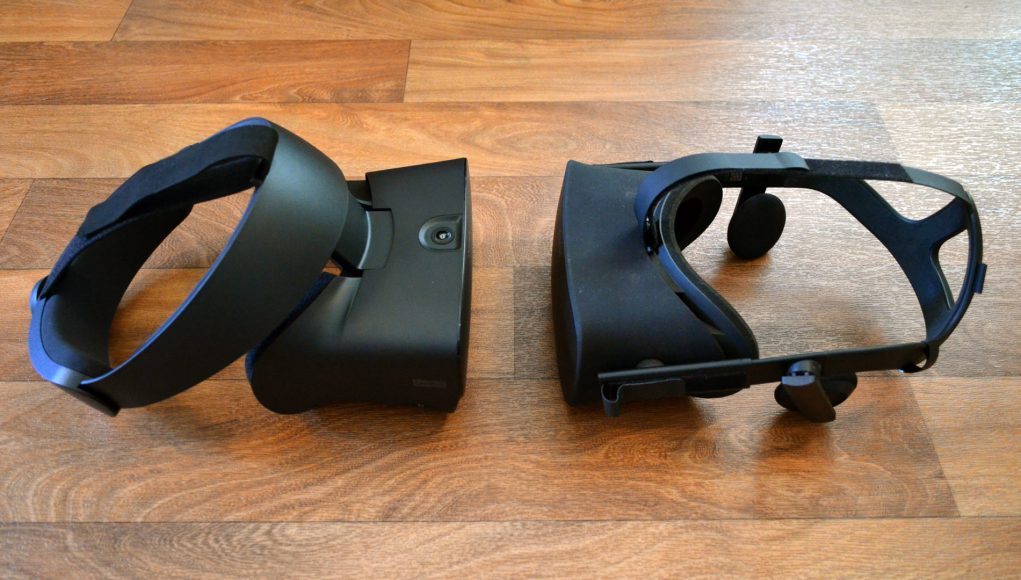Capping off dwindling interest in the PC side of the VR spectrum, Facebook said today that it will discontinue the Rift product line early 2021 and will no longer build PC-only VR headsets. Though the company says “the Rift platform isn’t going anywhere,” it’s clear the Quest is its primary focus.
While Facebook is pitching Quest 2 as a great PC VR headset (thanks to Oculus Link which allows it to tether to a PC), the company is putting the final nail in the coffin for its dedicated PC VR product line, the Oculus Rift.
“We’re going to focus on standalone VR headsets moving forward. We’ll no longer pursue PC-only hardware, with sales of Rift S ending in 2021. That said, the Rift Platform isn’t going anywhere,” the company announced. “In fact, we’ve seen significant growth in PC VR via Oculus Link, and the Rift Platform will continue to grow while offering high-end PC VR experiences like Lone Echo II and Medal of Honor: Above and Beyond well into the future.”
Though the statement paints a picture of new content still in the pipe for the Rift platform, both projects began development several years ago. New content announced today at Facebook Connect is focused entirely on Quest.
After launching its first VR headset, the Oculus Rift, in 2016 and struggling to grow it beyond an enthusiast audience, Facebook eventually launched its first 6DOF standalone headset, Oculus Quest, in 2019. It launched its latest PC VR headset, Rift S, at the time time, but by then the company’s enthusiast base had already begun losing trust that the company saw PC VR as a priority.
If it wasn’t already clear that its interest in Rift was waning, Oculus CEO Brendan Iribe’s resignation in late 2018 and the departure of Oculus founder Nate Mitchell a year later surely signaled Facebook’s position.
Since the launch of Quest, Facebook company seems to be very pleased with the traction it has gained, and in announcing Quest 2 today Facebook said it was “doubling down” on Quest and aiming to push VR to an even wider audience with a cheaper price point.







